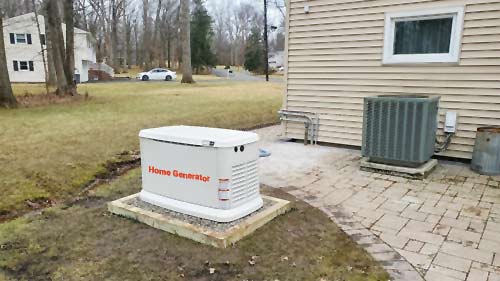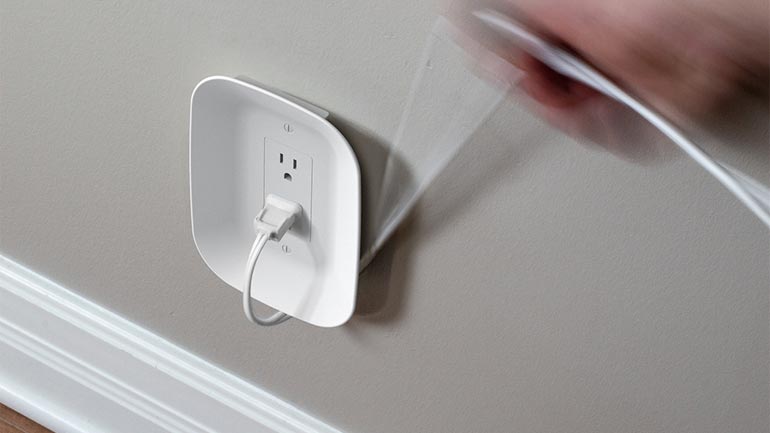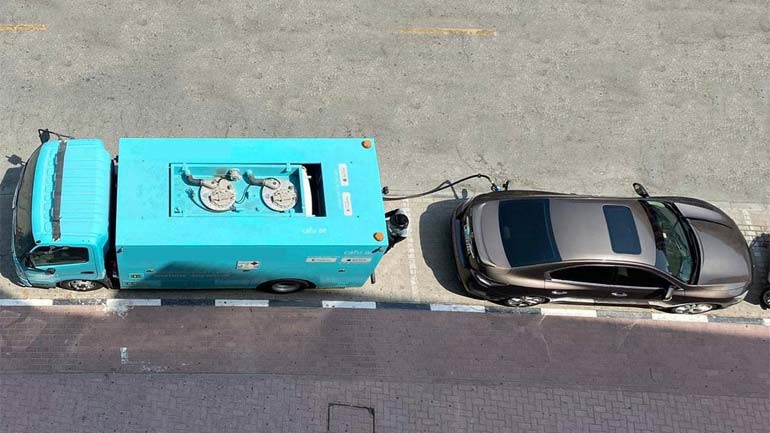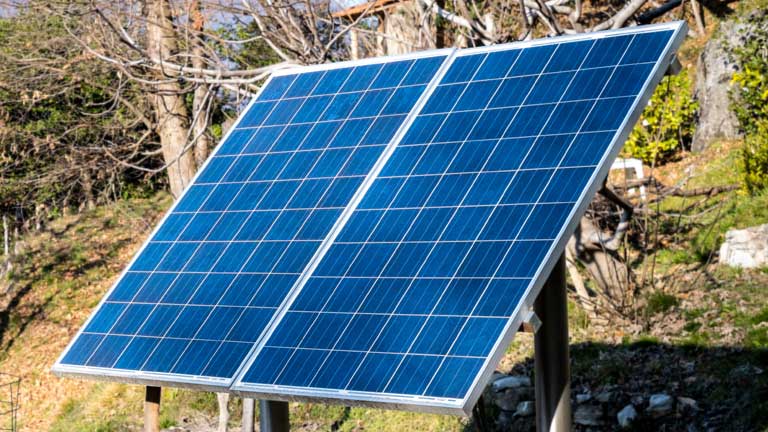
With frequent power issues happening throughout the year, installing an uninterrupted power source in many homes has become strategic if not necessary. Buying a generator not only provides peace of mind for those times when minor weather takes away certain daily comforts, but vital support for families when prolonged power outages can mean significant difficulties.
Buying a home generator is easy, but its installation is a tedious task. A home generator installation usually requires the thorough knowledge and skills of an experienced mechanic. Those who wish to tackle this as a DIY project should have some level of technical experience. That said, this article is not a step-by-step guide to installing a generator. Our hope in writing this article is to help you, dear reader, better grasp a broad scope of things to be kept in mind prior to installing a generator.
What to remember during a home generator installation?
When planning a home generator installation, it is helpful to consider the following:
Noise modulation
It may seem obvious, but if you are getting a generator for your office, house, or apartment, make sure you’re aware of the noise a generator makes. Larger and standby power sources make noise when they are used. Make sure you are comfortable with the potential noise from the generator and that it will not impact the members of the house, office, or immediate neighbors wherever it’s installed.
Place of Installation
Second, choose a safe place for the home generator installation. Certain precautions are required while installing them at home because they must be installed away from neighboring buildings and electricity poles. Moreover, generators should be installed where there is a minimal risk of the generator being impacted by the same storm that might take down your electricity (e.g. do not install a generator near a tree where large limbs could fall down on it).
Government Regulations
Do not forget to investigate if there are any specific government laws that govern the installation of your home generator.
Technical Knowledge
Apart from these prerequisites, there are additional regulations involved.
- Load Calculations: While opting for a home generator, it is crucial to know the load of the appliances in the house. It’s important to specifically note the wattage used by each device before choosing a home generator. If you plan to use several appliances during an electricity outage, ensure your generator can handle the demand. A big generator can take a heavy load.
- Wiring Knowledge: Considerable electrical knowledge is required to install the generator. Professionals hired for a home installation need an appropriate outline of the electrical setup of the house.
- Natural Gas/ Liquid Propane Connection: Apart from the electricity, natural gas or liquid propane connection is often also required. A plumber can help you understand these connections much better. The bottom line here is to make sure that these connections are working properly as faulty connections can significantly impact the quality and efficiency of a standby power source.
Conclusion
Many pros and cons are associated with installing an uninterrupted power source at home. However, generators not only can make people’s lives easier, but they can also provide them with critical support when people need it most.




